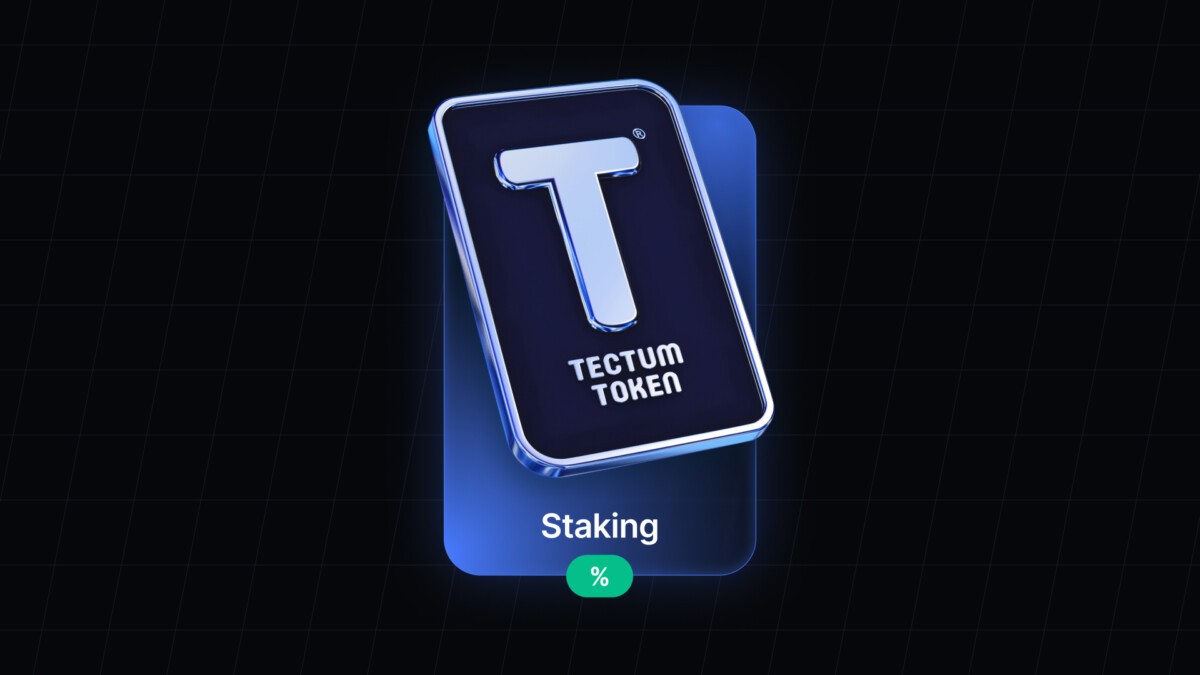New TET Staking Updates: All You Need to Know
Starting on the 3rd of October, we will discontinue the 120, 150, and 180-day pools as part of new TET staking updates. Validators can still open pools of 30, 60, and 90 days, to earn rewards. Meanwhile, the discontinuation will not affect pools that are already in operation. Individuals who have locked their tokens will still get their rewards.
Tectum makes these changes for several positive reasons. First, we are creating a new consensus that will properly reward validators. Unlike the current mechanism, this new system will incorporate more factors other than just the number of tokens locked. Contributors will be compensated based on their inputs to the network.
Furthermore, discontinuing staking pools with extended life spans benefits Tectum Emission Token’s tokenomics and TET holders. Tectum Tokens have a limited supply, which is part of an automated mechanism that prevents volatility and regulates its value.
More people will trust a fairly stable cryptocurrency than one whose value fluctuates significantly. In this regard, those who do not hold TET will be tempted to do so. This will, in turn, gradually increase its price in a more sustainable way.
Willow Tree Consensus: Dawn of an Exciting Era
Willow Tree is a consensus mechanism that will revolutionize staking and properly reward validators for their efforts. For a very long time, staking has been all about how many tokens contributors hold, and this method is very flawed.
Since the most important criteria have always been about who has the bigger vault, validators no longer bother with having other important factors like computing power or active participation.
Should Tectum continue with the existing staking consensus, we will not reward contributors accurately. Worse still, our network will become susceptible to attacks when it becomes a public blockchain. Especially as validators who manage various nodes will not bother to set-up the right infrastructure.
As explained in a prior article, the Willow Tree consensus will reward validators based on their token holdings, computational power, and contributions to the network. The amount of TET contributors hold will only serve as the ceiling for their rewards.








